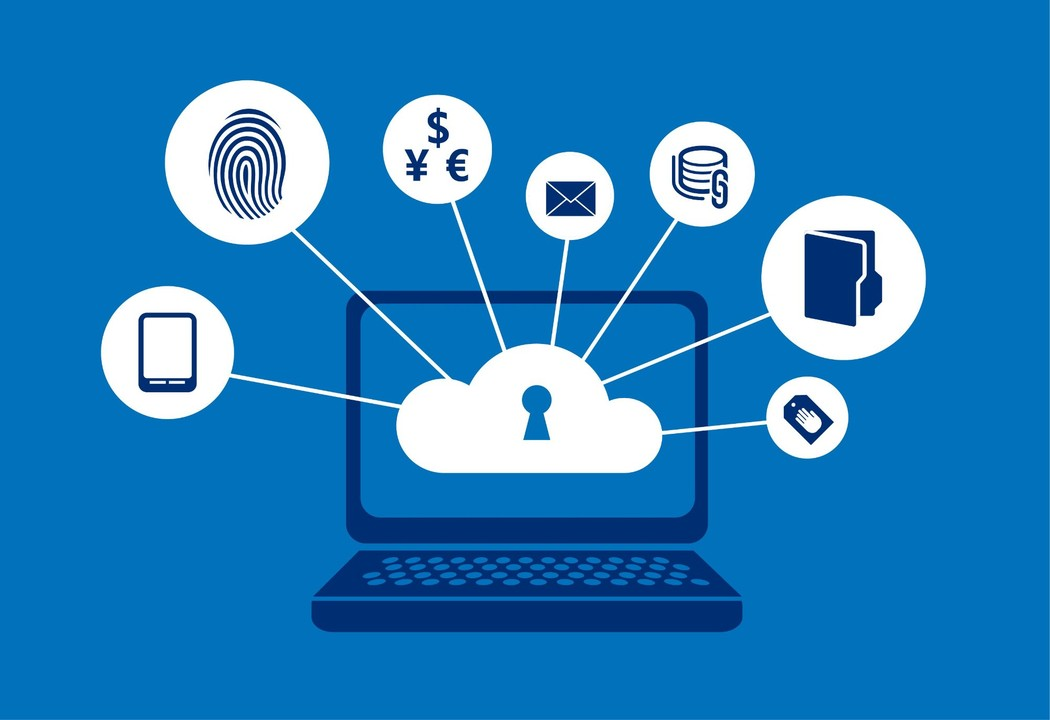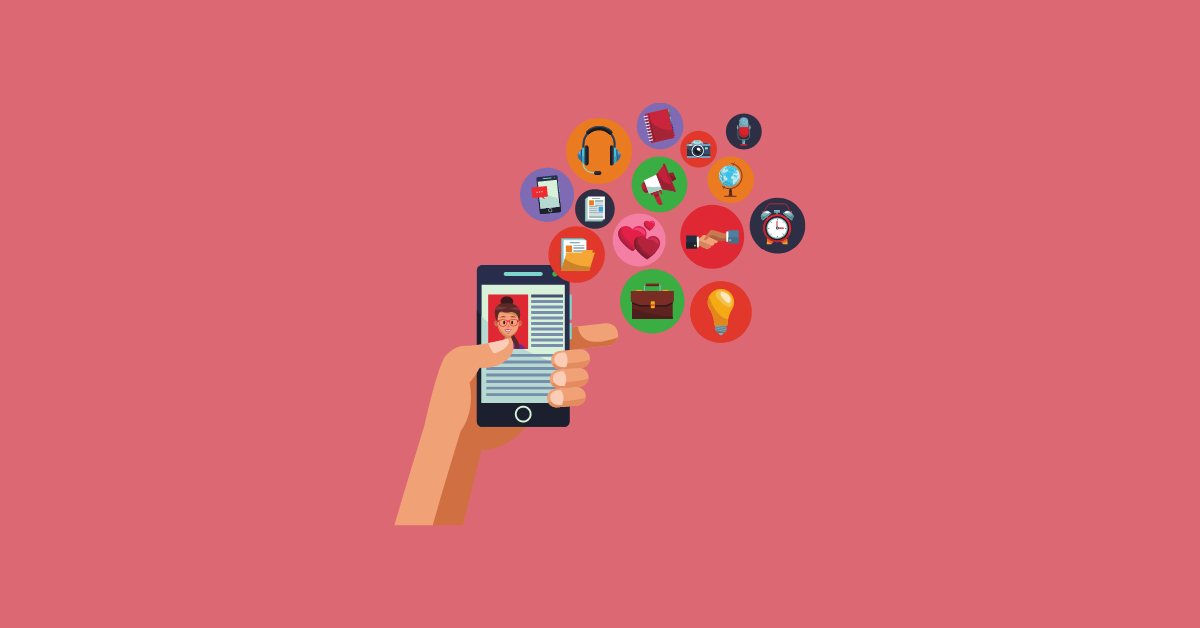The invention of the telephone was an innovation that changed many things for the world. One interesting thing about this invention was how quickly it became popularized. Using Rogers Diffusion of Innovation, we are able to see the steps the telephone took to become a staple in the United States, to where the telephone is now.
The early pioneers of the telephone were Antonio Meucci and Graham Bell. Meucci was the first technical inventor of the telephone, but Bell is highly accredited for it. Elisha Gray was another inventor involved, he was seen as Bell’s competitor but never reached as high of achievements as Bell did. The telephone was created to improve the workings of the telegraph. These pioneers all worked to achieve this goal.
The early adapters saw something in this invention and believed it could go somewhere. The telephone was quite expensive at first. In the beginning, it was used by wealthy individuals and large corporations. It was used to communicate through direct lines between specific locations. The first ever telephone line was created in 1878. At this point, it wasn't possible to make long-distance calls or international calls. Additionally, it was an expensive invention so it wasn’t extremely popular yet.
The early majority came about after the transcontinental telephone line. The transcontinental telephone line was created in 1915 which accelerated the popularity of the telephone. Within a short amount of years of this invention, people were using the telephone all over the United States. However, it still remained an expensive invention, just now more accessible.
The late majority came from World War I times. During World War I the government nationalized telephone and telegraph lines in the US. Then, Congress and President Wilson issued an order putting them under the direction of the US post office. By this point, the telephone had become even more popular. This happened around 1919. The 1920s were accredited for the time the telephone became extremely popular.
There is a long-tail of people who haven’t, and never will own a telephone. The invention of the cell phone took over the telephone. Once the cell phone became more affordable people began switching over. In 2022 the United States Center for Disease Control and Prevention recorded that only 29% of homes still have a landline. Compared to 90% in 2004. For people who have grown up in the world of cell phones, it is likely that they never have, and never will own a telephone.
There were not many downsides to the telephone other than the fact it was pricey. The telephone revolutionized communication which led to people wanting to join in on purchasing the invention. The positive effects of the telephone outweighed the negative which made the telephone as popular as it was. The reason for the downfall of the telephone stemmed from new and more efficient technologies, but the telephone will continue to be recognized as one of the greatest communications advancements ever made.


























